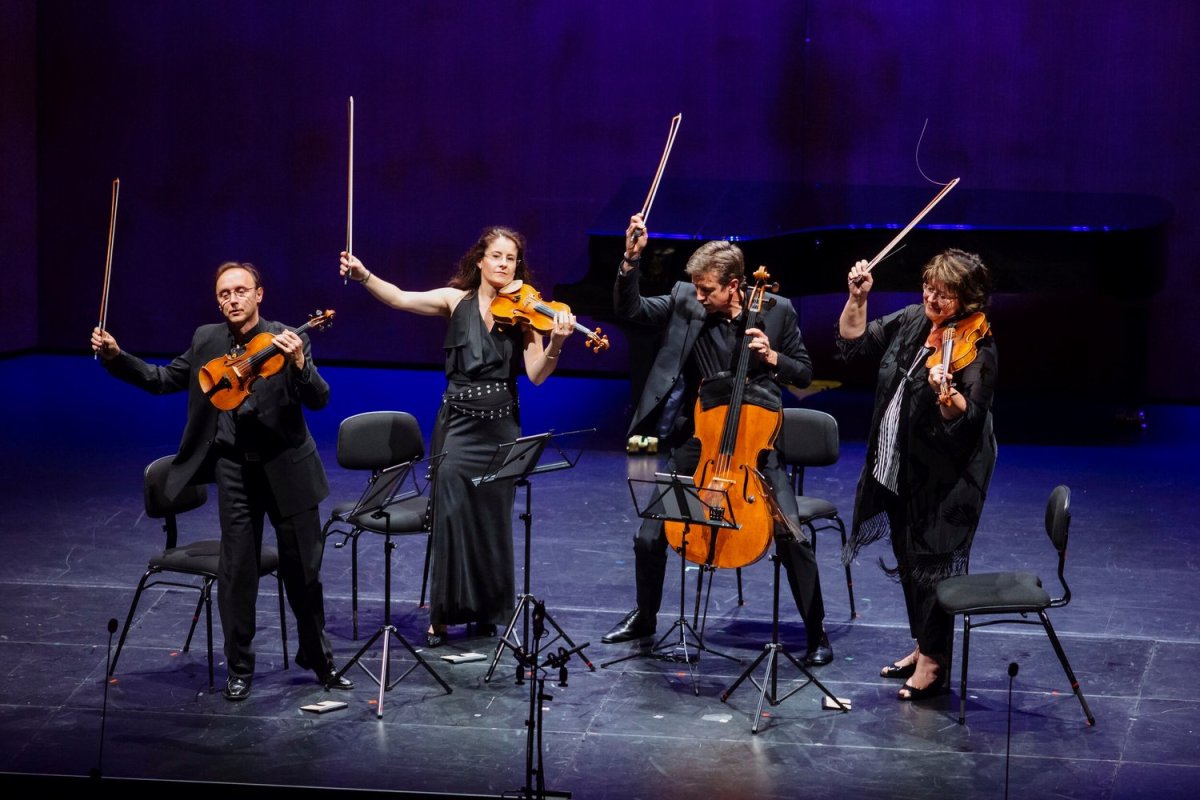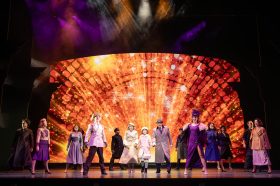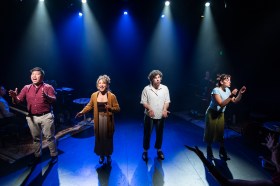The affectionately named Goldners, Dene Olding (violin), Irina Morozova (viola), Dimity Hall (violin) and Julian Smiles (cello), commenced their musical lives in the early 1990s as members of the Australian Ensemble, the resident chamber group at the University of New South Wales. They played many concerts together before launching themselves as the Goldner String Quartet in 1995.
As Australia’s pre-eminent string quartet, they have toured nationally and internationally, appeared at major world festivals, made many prize-winning recordings and collaborated with musicians and composers across the globe. More than 30 years after they began their musical journey together, those same four musicians announced that 2024 would be their last as a quartet.





